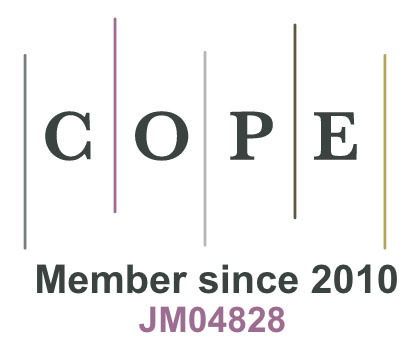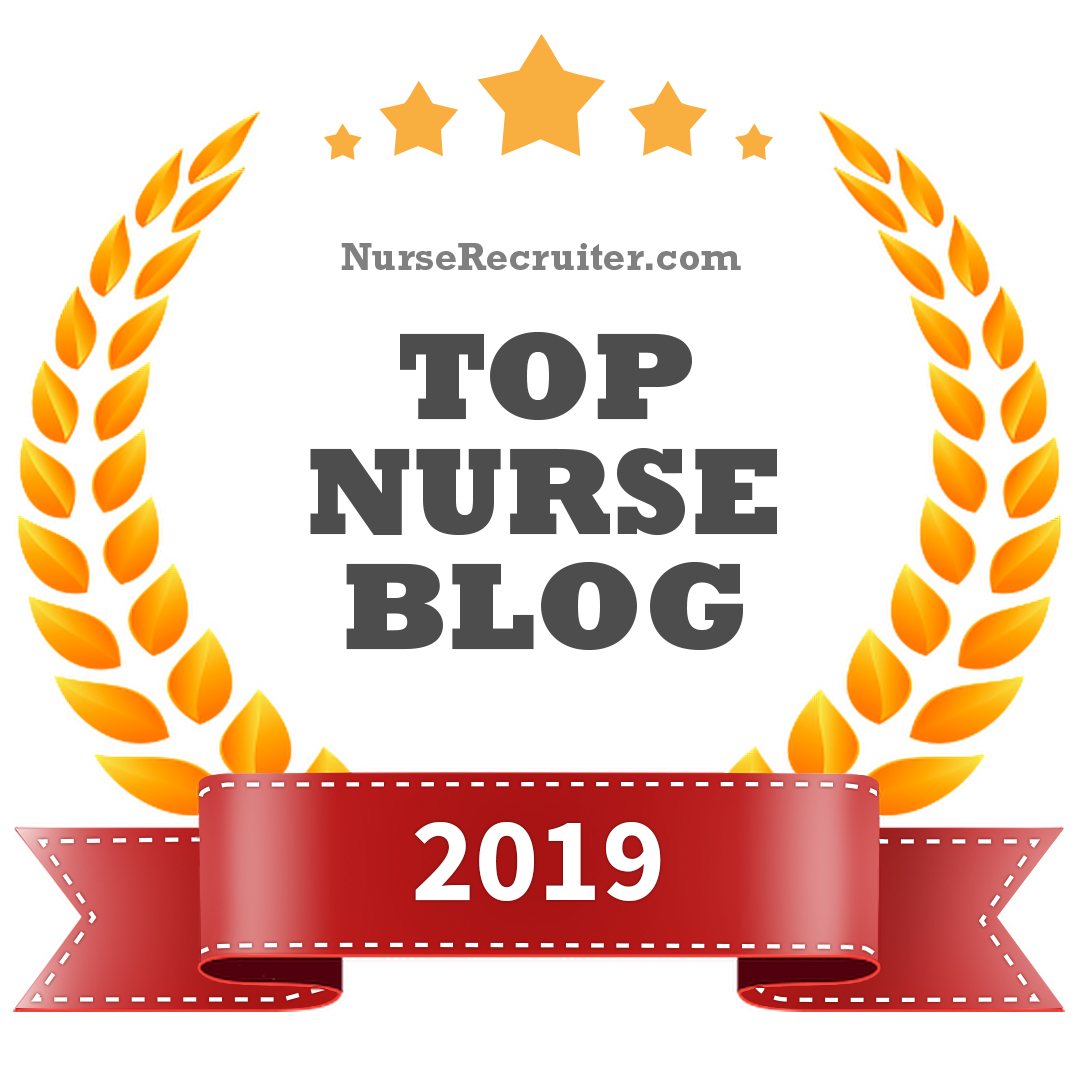Health Care Access
The current ANS article is titled ““I’ve Never Been to a Doctor”: Health Care Access for the Marshallese in Washington State” authored by Robin A. Narruhn, PhD, MN, RN and Christine R. Espina, DNP, MN, RN. The article is available to download at no cost while it is featured! We welcome your feedback and comments here. Dr. Narruhn provided this background about the article:
The genesis of this article arose out of the health inequities I was seeing in my community when Public Health Seattle King County asked me to assist in follow-up with several community members because of my role as a nurse, researcher, and Marshallese (Ri Majol) community member.
The Marshallese diaspora began in full force in the 1990s. The drive to immigrate is related to historical factors including multiple colonizations, militarization, the nuclear testing from 1946 to 1958, and disparate effects of climate change, all leading to poverty and poor health outcomes. The diaspora is driven by the search for life opportunities such as education, health care, and jobs.
Growing up as one of the few Marshallese in Washington state before the diaspora, meant I was shielded from the realities of present-day life for many Marshallese. I questioned why it was so difficult for healthcare providers to follow-up with my community members when I had little difficulty in contacting and assisting with follow-up appointments. Thus, this study aimed to understand the barriers Marshallese people in Washington state faced while seeking healthcare.
We conducted semi-structured open-ended interviews with 12 participants, 9 Marshallese community members, and 3 service providers who worked closely with the community. A medical interpreter was enlisted for 3 interviews. We used content analysis with in-vivo coding.
Two areas of findings emerged 1) healthcare access and equity, and 2) historical trauma and embodiment. Themes from the healthcare access and equity included 1) ongoing effects of radiation, 2) repeated denial of services, 3) lack of healthcare and insurance, 4) lack of interpretation, and 5) poverty. Themes from historical trauma and embodiment included illness and early mortality, (2) service providers’ lack of knowledge and understanding of the Marshallese peoples, (3) structural racism, (4) feelings of sadness and despair, (5) shyness and humility, and (6) a sense of “cannot/will not” and fatalism. While these findings emerged from our study, we also found that re-visiting the data in an abductive manner led to further findings that revealed, on a more profound level, the structural factors, such as the role of epistemic injustice, biopower, slow violence, and survivance. That article is in process.
We were intentional about the use of in-vivo coding as I was concerned about bias related to insider-outsider research tensions and my ancestry. Researchers can simultaneously be both insider and outsider (Dwyer, & Buckle, 2009) and I went through phases of feeling like both an insider and outsider. There are advantages to walking a tightrope of multiple perspectives, although the cognitive dissonance can be unsettling. This position of being both insider and outsider should be seen as a strength rather than a deficit. It is both odd and telling that I initially perceived it as a deficit. What messages from the academy have I internalized? I think this research could not have occurred without my connection to the community. The gaps between the experience of being Marshallese and most academics are simply too large to be traversed to establish access to the community, rapport, trust, and understanding of the lived experience.
As we wrote, we strived to avoid what Eve Tuck calls “damage-centered research that operates, even benevolently, from a theory of change that establishes harm or injury in order to achieve reparation” (Tuck, 2009, p. 413). Tuck encourages us to engage in desire-based research – which is “concerned with understanding complexity, contradiction, and the self-determination of lived lives” (Tuck, 2009, p. 416). Desire-based research is concerned with “depathologizing the experiences of dispossessed and disenfranchised communities so that people are seen as more than broken and conquered…even when communities are broken and conquered, they are so much more than that—so much more that this incomplete story is an act of aggression”. (Tuck, 2009, p. 416). We are planning the next phase of research.
The reflective processes we used made the writing process slower and deeper. There is a richness in this kind of work that cannot be adequately conveyed to a reader with a highly Eurocentric ontology and epistemology. Unlike more traditional research our processes required us to feel, not only think. The emotional labor of giving witness to our participant’s words was surprising at first, and as we settled into the process, we became more deliberate and gave it the gravity it deserved. Some of the participant’s quotes brought us to tears, wonder, and awe. Many of these findings arose because of our indigenous epistemologies and ontologies as Marshallese and Filipino academics and community members. If I had been working with someone from a dominant ontology with a positivist outlook this work would never have been possible. Shawn Wilson, an Indigenous researcher explains, “Relationships don’t just shape Indigenous reality, they are our reality. Indigenous researchers develop relationships with ideas in order to achieve enlightenment in the ceremony that is Indigenous research. Indigenous research is the ceremony of maintaining accountability to these relationships” (Wilson, 2008, p.7). I could not have done this without the strength, grace, and wisdom of my co-author, Christine Espina.
I am ambivalent about sharing our indigenous Pasifiki ontology and epistemology. I look forward to the day when our ancestral, multigenerational, and dynamic, indigenous ontologies and epistemologies are valued enough that I can share all the richness of this research without being criticized as non-rigorous. I am gratified because I believe our ancestors were talking to us through this research. It is something sacred to learn from our ancestors. We could learn so much from our indigeneity, ontologies, and epistemologies. This is not to glamorize or idolize the past or our culture, but when I think of how my ancestors survived one of the most horrendous, atrocious traumas and how so many of us continue to show empathy and compassion to others, I cannot help but believe our world needs to listen and learn, given that at this moment in time we are on the edge of ecological collapse and war.
References
Dwyer, S. C., & Buckle, J. L. (2009). The Space Between: On Being an Insider-Outsider in Qualitative Research. International Journal of Qualitative Methods, 8(1), 54-63. https://doi.org/10.1177/160940690900800105
Tuck, E. (2009). Suspending damage: A letter to communities. Harvard Educational Review, 79(3), 409–427. https://doi.org/10.17763/haer.79.3.n0016675661t3n15
Wilson, S. (2008). Research is ceremony: indigenous research methods. Black Point, Nova Scotia: Fernwood Publishing.





